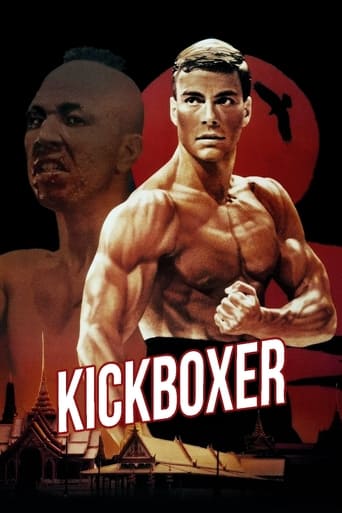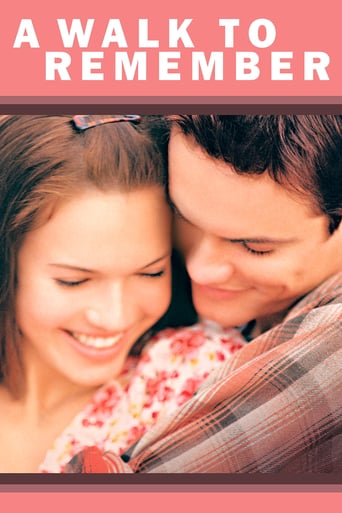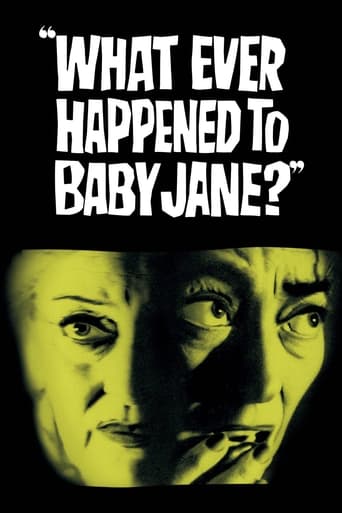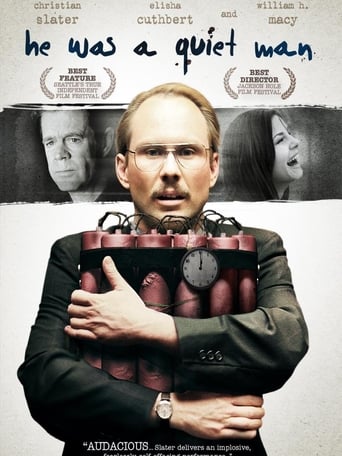

Peyton Place (1957)
In the outwardly respectable New England community of Peyton Place, shopkeeper Constance McKenzie tries to make up for a past indiscretion -- which resulted in her illegitimate daughter Allison -- by adopting a chaste, prudish attitude towards all things sexual. In spite of herself, Constance can't help but be attracted to handsome new teacher Michael Rossi. Meanwhile, the restless Allison, who'd like to be as footloose and fancy-free as the town's "fast girl" Betty Anderson, falls sincerely in love with mixed-up mama's boy Norman Page.
Watch Trailer
Cast
Similar titles



Reviews
Sorry, this movie sucks
a film so unique, intoxicating and bizarre that it not only demands another viewing, but is also forgivable as a satirical comedy where the jokes eventually take the back seat.
what a terribly boring film. I'm sorry but this is absolutely not deserving of best picture and will be forgotten quickly. Entertaining and engaging cinema? No. Nothing performances with flat faces and mistaking silence for subtlety.
All of these films share one commonality, that being a kind of emotional center that humanizes a cast of monsters.
This film deserves a prize for hypocrisy. Despite it's trumpeting of high minded values, a salacious sexual undercurrent is only too apparent. This is particularly apparent in the performance of Lee Philips as Michael Rossi, who arrives in the hick town for which the film is named and becomes school principal. His sexual obsession soon becomes apparent in his pursuit of Lana Turner, who plays a sedate, dress shop owning widow. He tells her that he plans to introduce a sex education program at the school (remember, this is set in 1940!) and, after inviting her to be a chaperon at the school graduation dance, envelopes her in a passionate embrace which she quite properly resists. Boring and morally unsavory tripe.
Later adapted by TV as a long-running soap opera-type drama, you can see why in this lengthy film, adapted from a best-selling novel with enough characters and plot strands for a whole TV series. Made around 1957 but ostensibly set in idyllic New Engand just before America's entry into the Second World War, it seemed obvious to me that the production was almost indistinguishable between the two years, at least until the War Draft occurs late in the film, which besides broadening popular appeal, enables director Robson to thus obliquely critique contemporary society and its mores on attitudes to sex, snobbery and that most popular social subject of the 50's, the so-called "generation gap". Beautifully shot in luminous colour and with a handsome cast, the film would would have worked better if it had a bit less happening - one poor family experiences alcoholism, incest, domestic violence, suicide and murder over the course of a couple of years. It's all a bit unreal and unbelievable but perversely remains gripping viewing even as I realised I shouldn't have been at all. The narrative framing device is one of the goody-goody young characters Alison MacKenzie's reminiscences of her childhood there before the War started and changed all the young folk forever. It does seem a bit Waltons-ish and sentiment does make not entirely unexpected if infrequent appearances along the way. However the last half hour settles down to a terse courtroom scene, the culmination of the incest/suicide/murder elements, with "Bonanza's" Lorne Green impressing as the prosecution counsel, well- written right up until the local doctor takes it on himself to deliver an improbable sermon attacking the town's hypocrisy which of course carries the day. It's a fairly ugly "big message" to the movie viewers as they leave the cinema but also helps to tie up other loose plot ends so that the main characters still standing all get a form of redemption for the future. The acting is good throughout if not exactly deeply felt. Lana Turner gets to look pained throughout as the frigid matriarch Constance McKenzie with her own dark secret but does so with aplomb, Arthur Kennedy tears into his part as the reprobate villain of the piece and Diane Varsi is good as Alison, the town's awakening conscience. I feel guilty for getting so hooked on such an obviously contrived and melodramatic confection, but guilty pleasures are pleasures all the same.
OK for starters the movie entertains me lots, but i still think that, between all the silly dialog of this characters and their morality problems resides just a silly movie full of clichés and a beautiful cinematography.The movie, based on a famous bestseller from the 50s, is full of rape, misogyny, murder, abortion ... a lot of topics for a trashy exploitation movie. This is not exploitation, even if all the topics are included here. The thing is that are so, but really so outdated, that you cant avoid the jiggle.Still, the performances are very good, the Cinemascope photography is gorgeous, and, at the end, the direction takes for more thank two hours of material like this. So, it's trashy but catchy.A 7.
When you consider the definition of soap opera-- "A drama characterized by stock characters and situations, sentimentality, and melodrama"—plenty of variously admirable movies come to mind, including Oscar winners from the very first, "Seventh Heaven," through more recent movies like "Terms of Endearment." "Peyton Place" is certainly a soap opera, but not an admirable film. The litany of flaws would take more than the 1,000 words IMDb allows, and would require every synonym for mundane. The characters are so uniformly mutton-headed that I inferred extensive inbreeding in Peyton Place. The cockeyed motivations of two particular characters-- actually, make that four-- serve as proof: First: Selena Cross is facing trial for murdering Lucas Cross, her sexually abusive stepfather. She begs Dr. Swain not to come to her defense by testifying that she had miscarried Cross's child years before. Her reason? She's in love with a soldier named Ted, and believes that his life would be ruined if her secret were revealed. She argues-- get this-- that she'd rather face life in prison than live without Ted. And Dr. Swain, as dim-witted a physician as I ever hope to encounter, doesn't suggest that Ted deserves to be given a chance to hear the truth and prove himself mature and compassionate (and if he isn't, does she want him?), let alone point out the screamingly obvious fact that life in prison would also be life without Ted.Second: Allison MacKenzie wants to be a novelist. She shows a few short stories to her high school principal. He likes them but with reservations, and he sensibly recommends that she go to college. But she doesn't want to go to college. She doesn't want to read stuff like Shakespeare. She wants to find out about writing for herself, at a typewriter. Her naive passion persuades him, so he takes her to the newspaper editor. Who hires her. And Allison goes on to write crap like "Peyton Place." The End.









